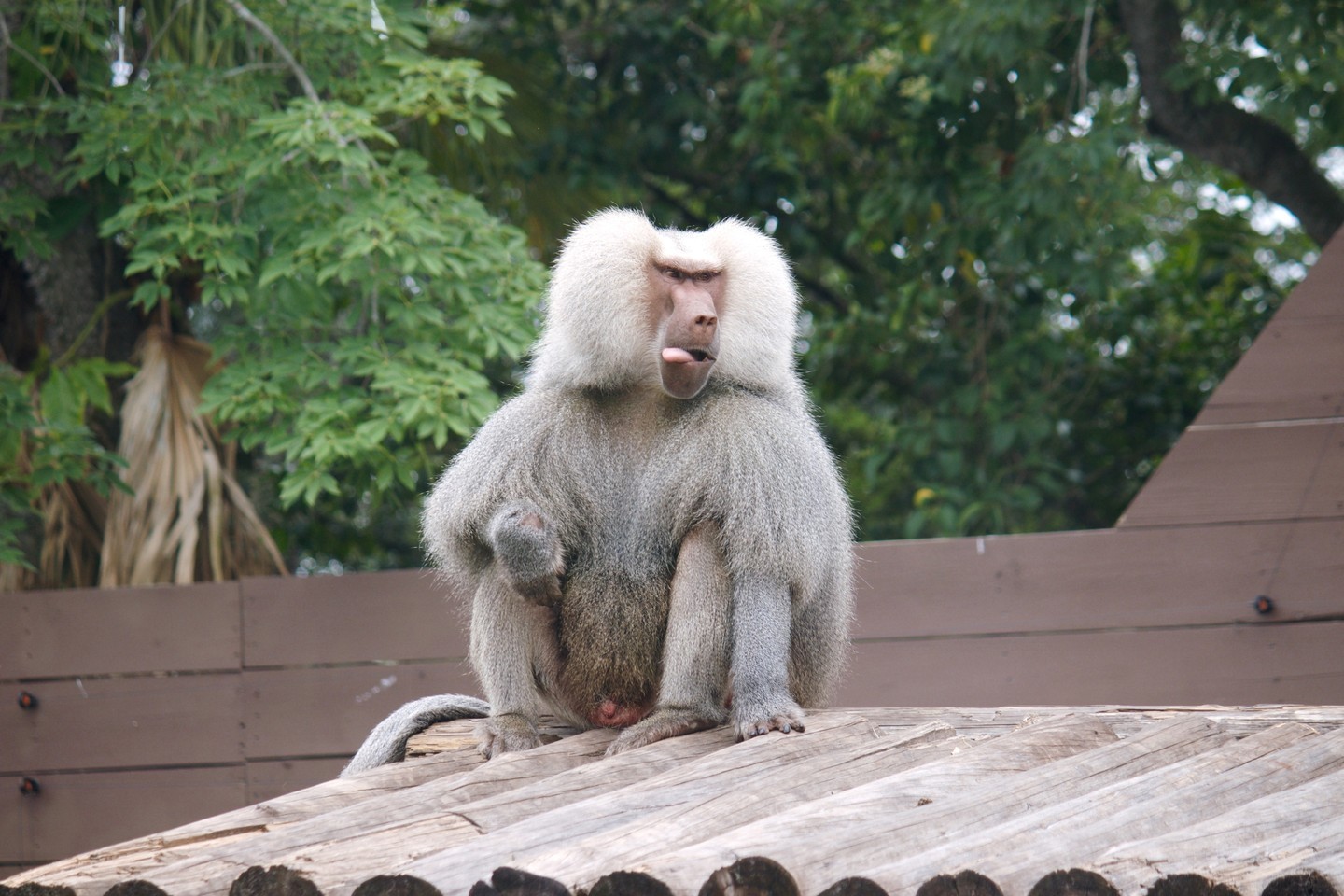Summary:
1. The fascinating world of primates
2. Unique characteristics of flying mammals
3. Curious facts about the behaviors of baboons
4. The importance of zoos in conservation efforts
Today is National Tell a Joke Day, so let’s kick off this celebration with a hilarious primate-themed joke. Are you ready? Here it is: What do you call a flying primate? A hot air, baboon! 😂 Now that we’ve started the day with a good laugh let’s delve into the captivating realm of zoology and explore some unique and fascinating aspects of the animal kingdom.
1. The fascinating world of primates:
Primates, including monkeys, apes, and humans, are among our planet’s most intelligent and intriguing creatures. With over 500 species of primates globally, they exhibit various behaviors, diversity, and adaptations to various habitats. Our closest relatives, chimpanzees and bonobos, share approximately 98% of our DNA, highlighting the remarkable similarities between humans and primates.
2. Unique characteristics of flying mammals:
Flying mammals, such as bats and flying squirrels, present a wonderful example of adaptive evolution. These incredible creatures have developed special anatomical features that enable them to glide or fly through the air. While bats possess wings of stretched skin attached to elongated fingers, flying squirrels have a patagium, a membrane between their limbs that functions like a parachute. Studying the flight mechanics and behavior of flying mammals continues to amaze researchers in zoology.
3. Curious facts about the behaviors of baboons:
Baboons, known for their distinctive appearance and complex social structures, are another interesting subject within the animal kingdom. These Old World monkeys display fascinating behaviors and intriguing social dynamics. Did you know that baboons are highly intelligent and have a hierarchical social structure? It’s true! Within baboon troops, the dominant males lead the group while the females and young baboons stay together, forming strong bonds. These primates even have unique vocalizations and a wide range of facial expressions to communicate with one another.
4. The importance of zoos in conservation efforts:
Now, let’s transition from these captivating creatures’ natural habitats to zoos’ role in their conservation. Zoos are crucial in raising awareness, researching, and implementing conservation programs for endangered species. By providing suitable environments for animals and veterinary care, zoos contribute significantly to preserving and breeding endangered species. Through educational exhibits and interactive experiences, zoos inspire visitors to appreciate the beauty and diversity of wildlife while fostering a sense of responsibility towards conservation efforts.
In conclusion, today may be National Tell a Joke Day, but let’s take a moment to appreciate the wonders of the natural world and its incredible creatures. From the fascinating world of primates to the unique characteristics of flying mammals and the captivating behaviors of baboons, there is much to explore and learn. And let’s not forget the vital role that zoos play in conservation, ensuring the survival of endangered species for generations to come. So, next time you visit a zoo, embrace the opportunity to connect with nature and be inspired by its beauty. And remember, a hot air baboon might make you smile! 😄
*****
Source Description
Today is National Tell a Joke Day! 😂
Ready? 😜What do you call a flying primate? A hot air, baboon!

